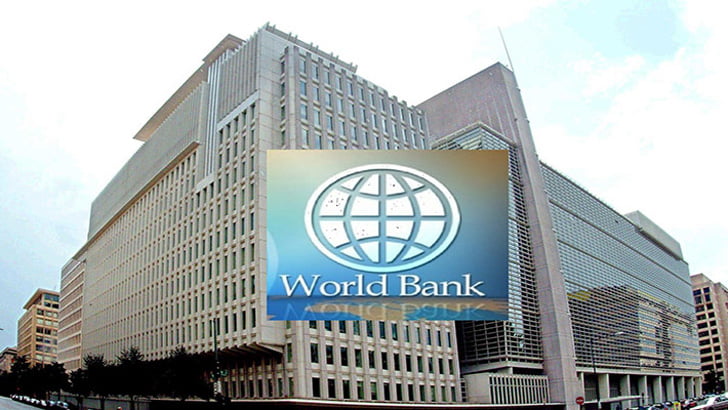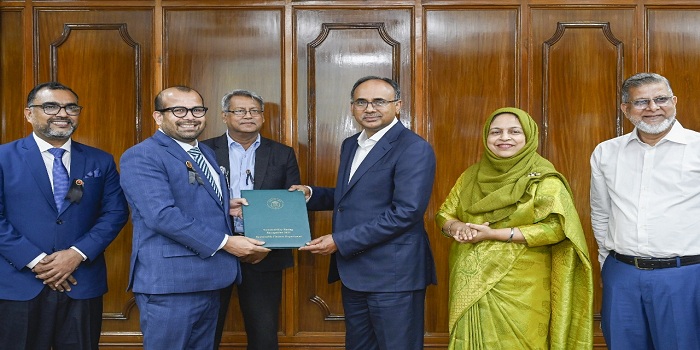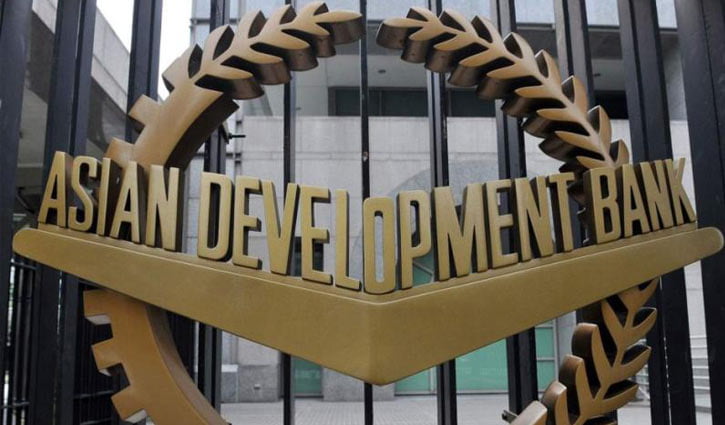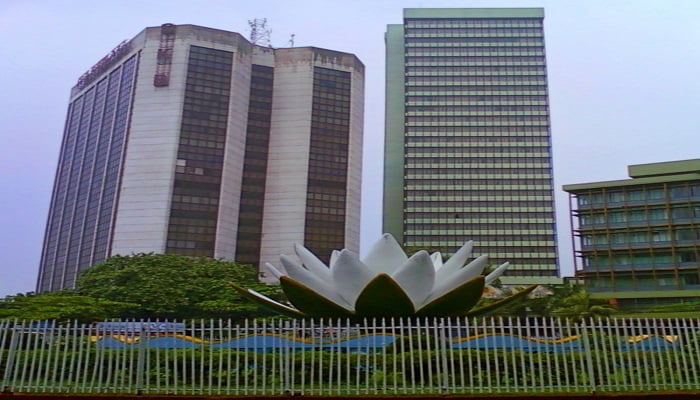BB announces ‘contractionary’ MPS with focus on taming inflation
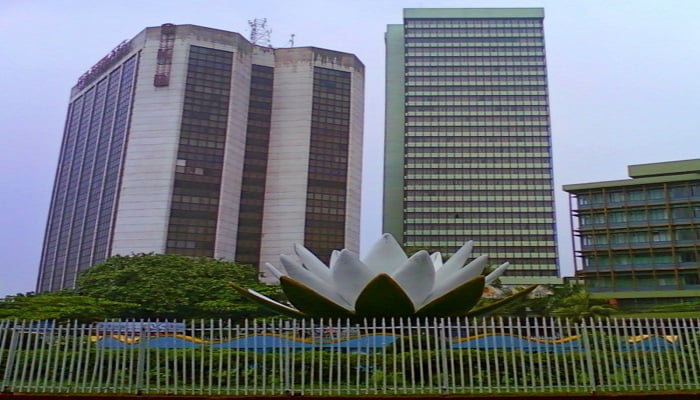
Unveiling a ‘contractionary’ monetary policy statement (MPS), Bangladesh Bank (BB) has projected domestic credit growth ceiling at 15.3 percent in the fiscal 2023-24 (FY24) accommodating 11 percent credit growth in private sector and 30 percent in public sector.
“The global economy has undergone significant challenges over the past three and a half years, including the impact of the COVID-19 pandemic that began in December 2019, followed by the Russia-Ukraine conflict that started in February 2022. In parallel with the global economy, Bangladesh has also faced multiple challenges, including high inflationary and exchange rate pressures, as well as substantial erosion of foreign exchange reserves,” said BB Governor Abdur Rouf Talukder.
He said this while announcing the monetary policy for the first half of the fiscal FY24 at a press conference at the central bank headquarters in Dhaka on Sunday.
Abdur Rouf Talukder mentioned that the country’s financial sector has also been burdened by a high non-performing loan (NPL).
To address these challenges, he said, the central bank has undertaken several policy initiatives focused on controlling inflation, improving the current account balance, managing exchange rate instability and keeping adequate foreign exchange reserves, stabilizing the financial sector, and strengthening the capital market.
However, he said, rising inflation and sustained exchange rate pressures continue to pose significant challenges for Bangladesh economy.
“Containing inflation will be the first and foremost objective of this MPS. The strategy will be to reduce the aggregate demand in the economy while continuing the supply-side interventions. Recognizing the importance of containing inflation and ensuring the flow of funds to productive sectors, including agriculture, CMSMEs, large industries, import-substituting sectors, and services, this Monetary Policy Statement (MPS) emphasizes the urgent need for a stable and favorable business environment,” he said.
To achieve these objectives in the first half of the fiscal FY24, he said, BB will adopt a contractionary monetary policy stance accompanied by specific policy initiatives.
Conforming to the tight monetary policy stance, he informed that BB has decided to increase its policy rate (the repo rate) by 50 basis points to 6.50 percent from 6.00 percent, while the SDF rate, previously known as reverse repo rate, is adjusted upward by 25 basis points from 4.25 percent to 4.50 percent effective from 1 July 2023.
This measure aims to raise the cost of borrowing, which is expected to have a limiting impact on CPI inflation, he added.
The governor said BB will transition from a monetary targeting to an interest rate targeting framework.
“The target policy interest rate, set at 6.50 percent, will be accompanied by a ¤200 basis points symmetric corridor consisting of a standing lending facility (SLF) rate at 8.50 percent and a standing deposit facility (SDF) rate at 4.50 percent. Under this new framework, the interbank call money rate will closely align with the policy rate, ensuring stability,” he added.
Abdur Rouf Talukder said BB intends to introduce a market-driven reference lending rate for all types of bank loans, replacing the previously imposed lending rate cap.
“This move aims to enhance competitiveness in the banking sector and foster a favorable lending environment for businesses and individuals. The reference lending rate, known as the ‘SMART’ (six-month moving average rate of Treasury bill), will be announced monthly through the BB website, with a margin applied for banks and non-bank financial institutions (NBFIs),” he added.
In practice, he said, SMART plus a margin of up to 3.00 percent will be applicable for banks, and SMART plus a margin of up to 5.00 percent will be applicable for NBFIs.
However, he said, the lending activities for CMSMEs and consumer loans may be subject to an additional fee of up to 1.00 percent to cover supervision costs and there will be no changes in the interest rates applicable to credit card loans.
He informed that BB will adopt a unified and market-driven single exchange rate regime, allowing the exchange rate between BDT and USD or any other foreign currency to be determined by market forces.
BB will no longer quote specific rates for buying or selling foreign exchanges, promoting stability in the foreign exchange market, he added.
He mentioned that BB will calculate and publish gross international reserves (GIR) in line with the sixth edition of the IMF’s Balance of Payments and International Investment Position Manual (BPM6) while keeping track of current practices of calculating and reporting total foreign assets.
Deputy governors, the head of the Bangladesh Financial Intelligence Unit (BFIU), the chief economist, and other officials of the Bangladesh Bank were also present on the occasion.
Source: BSS



